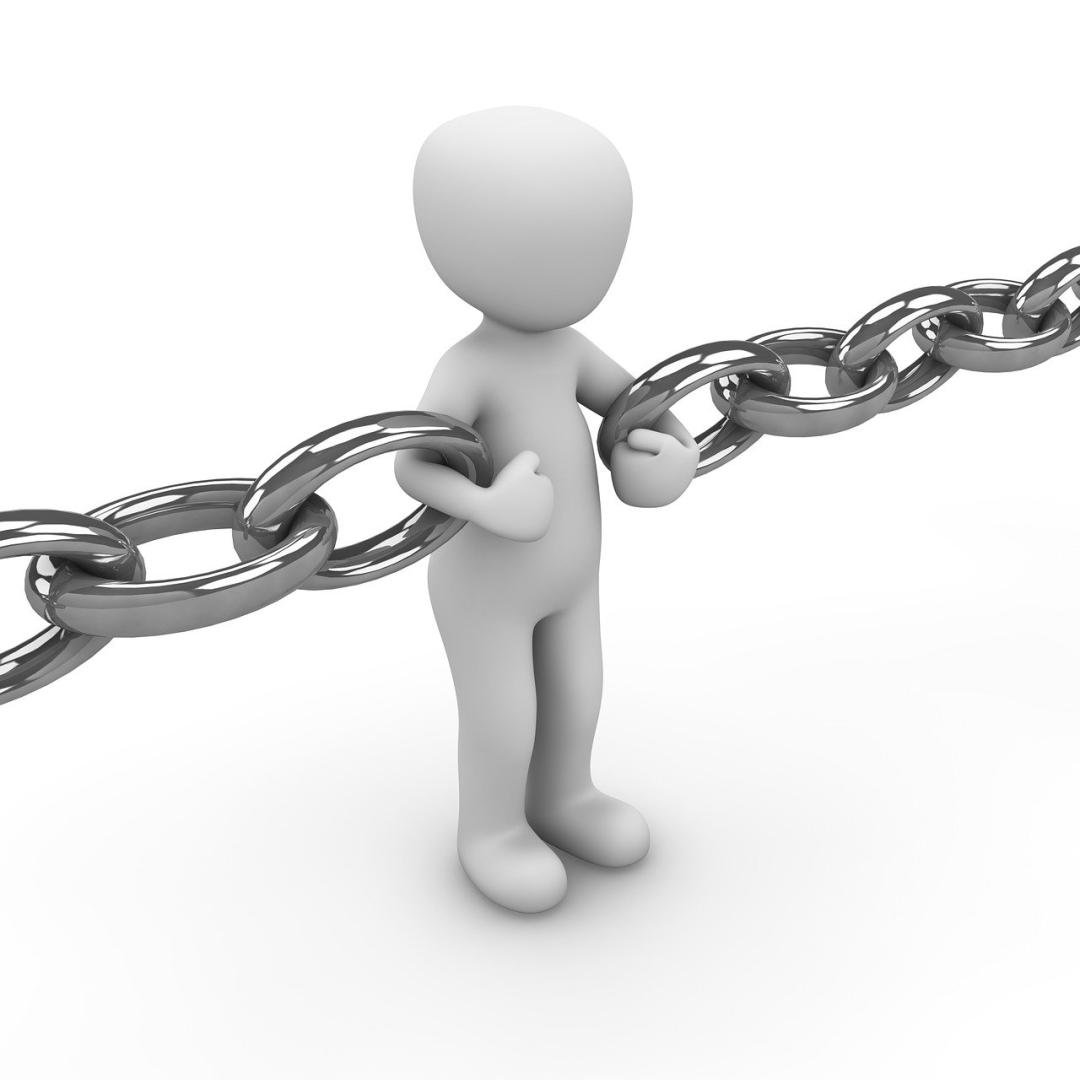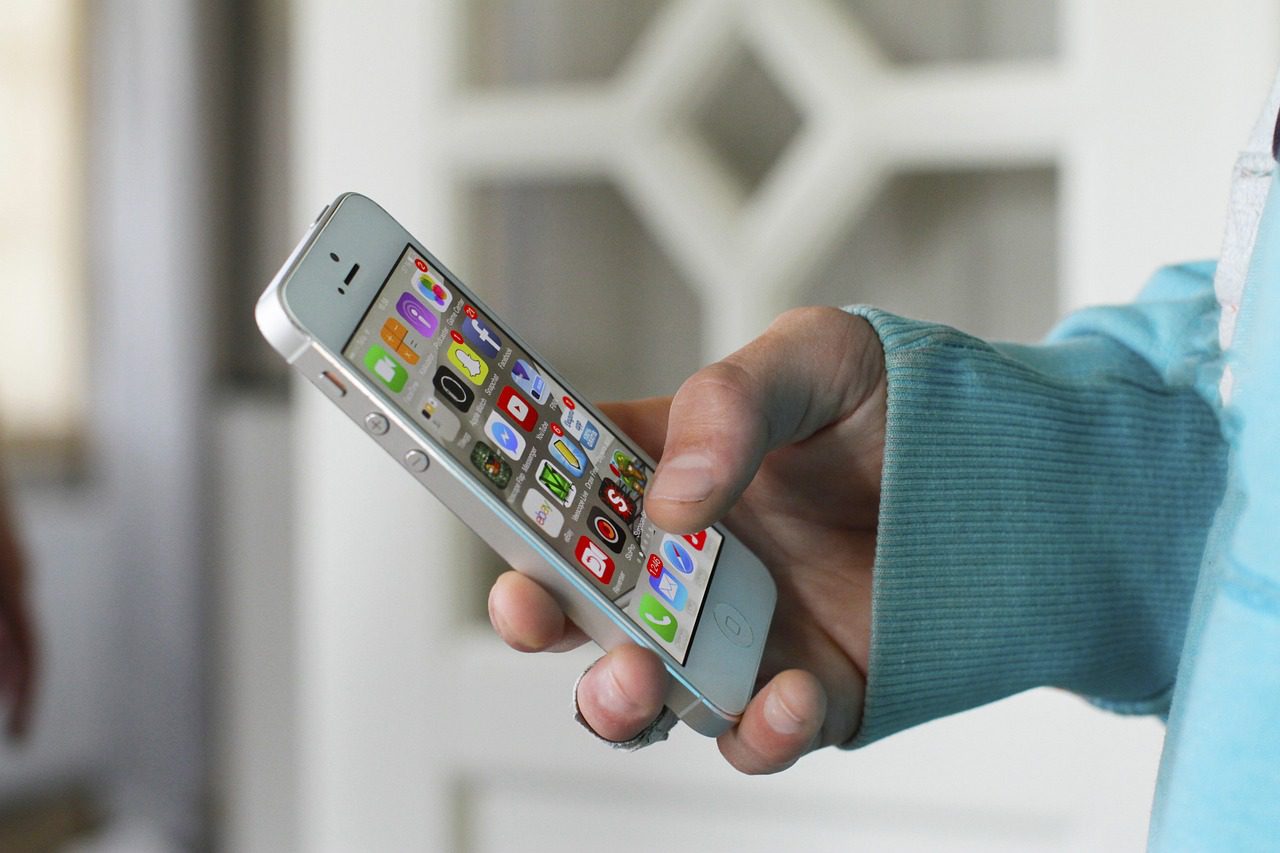Jackie had always prided herself on being a patient, calm person. But recently, something was off. She found herself snapping at her kids, losing patience with her husband, and feeling short with her coworkers. She couldn’t put her finger on what was causing it, but it seemed to be getting worse. One day, while scrolling through a health article, she came across something that made her pause. She wasn’t depressed, but her recent irritability could be linked to her social media use. She kept reading.
In today’s digital age, we’ve all heard about the connection between social media and depression, but Jackie’s experience was different. She didn’t feel sad—just irritable. She was using social media as a “stress break,” but little did she know, her constant scrolling might be contributing to her mood swings.
Social Media and Irritability: What’s the Connection?
Over the last few years, a growing body of research has begun to explore the impact of social media on mental health. We know that heavy use is associated with depression and anxiety, but what about irritability? According to a study published in a medical journal, social media can have a more subtle, but just as impactful, effect on our emotional well-being.
In a large-scale study conducted over two years, researchers surveyed 42,597 adults about their social media use and its effects on mood. The results were eye-opening: 78.2% of participants reported using the internet daily, and nearly a quarter spent much of their day online, just like Jackie. But what was most telling was the link between frequent social media use and increased irritability. Participants who used social media more than once a day scored significantly higher on an irritability scale compared to those who didn’t use social media at all.
One of the main culprits? Posting on social media. According to the study, sharing opinions, photos, and updates on platforms like Facebook, Twitter, and Instagram was one of the key factors contributing to irritability.
Political Discussions: A Major Trigger
Another finding from the study might not surprise you. Frequent political discussions were strongly linked to irritability, much more so than simply following the news or scrolling through updates. The constant exposure to polarized opinions, heated debates, and conflicting viewpoints can take a toll on anyone’s mental state, especially if you find yourself getting caught up in the chaos. It’s not just the content you’re engaging with—it’s the emotional energy required to navigate these discussions that can leave you feeling frazzled and irritable.
While most research around social media has focused on anger, anxiety, and even violence, this study shed light on irritability as an often-overlooked consequence. Unlike more severe mood disorders, irritability can sneak up on us in our everyday interactions, affecting how we engage with family, friends, and coworkers.
How to Break the Cycle
So, what’s the takeaway from all of this? If you’ve noticed that your mood is more volatile than usual, or you find yourself getting annoyed over small things, it might be time to take a step back and assess your social media habits. Jackie’s experience serves as a great reminder: sometimes our “stress breaks” are the very thing that’s making us feel more stressed.
Here are a few tips to help you manage your social media use:
- Set Time Limits– Try setting a specific amount of time each day for social media. Avoid aimless scrolling by setting boundaries on when and how long you’ll use each platform.
- Take Social Media Breaks– If you’re feeling particularly irritable or stressed, consider taking a social media hiatus. Even a few days off can make a big difference in your mood.
- Mind Your Engagement– If certain topics, like politics, tend to get your blood boiling, try avoiding those discussions. Or better yet, unfollow or mute accounts that trigger negative emotions.
- Focus on Real-Life Connections– While social media can help you stay connected with others, it’s important not to neglect face-to-face interactions. Spending quality time with family and friends in person can be a great way to reset and improve your mood.
While social media has undoubtedly changed the way we communicate and connect with the world, it’s important to be aware of its impact on our mental health. If you’re feeling more irritable than usual, it might not be about what’s going on in your personal life—your social media habits could be at the root of it.
By monitoring your online behavior and taking steps to reduce your screen time, you might find that your mood improves, and your relationships become a little less strained. So next time you catch yourself getting frustrated over a post or comment, consider whether it’s time for a break. Your mental well-being might just thank you for it.



